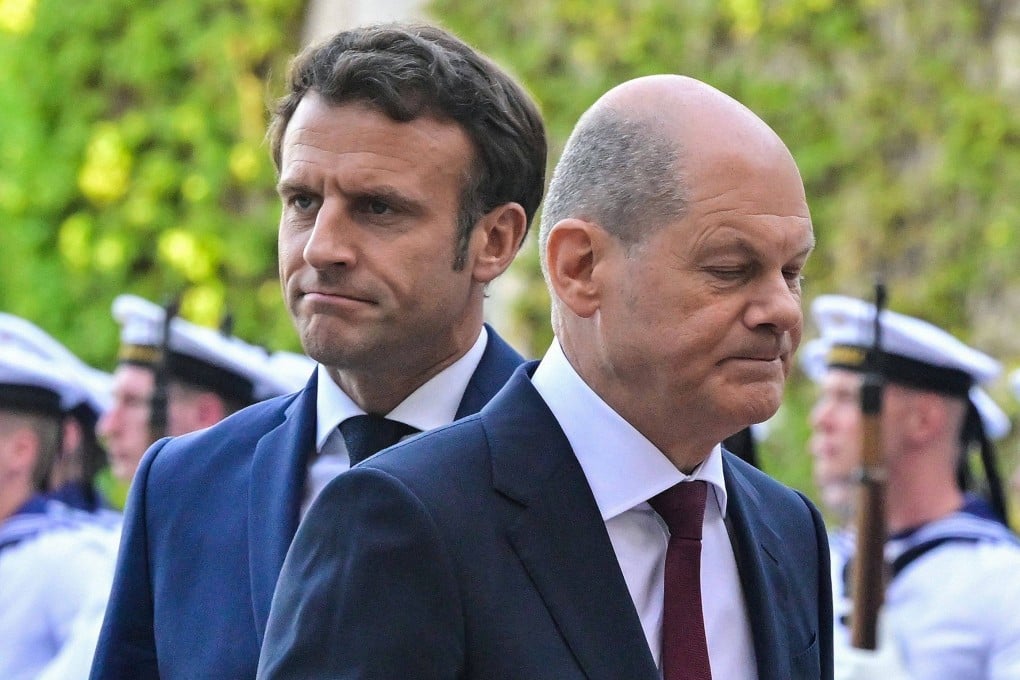Advertisement
Opinion | Olaf Scholz’s approach to Europe and China risks leading Germany down the path of old failures
- The German chancellor has faced a series of challenges in his first year in office, putting his diplomatic skills and political pragmatism to the test
- His efforts to defend German interests and compete for the leadership of Europe have drawn the ire of allies and muddled European policy
Reading Time:3 minutes
Why you can trust SCMP
6

German Chancellor Olaf Scholz has been in office for a year. Besides his stoic nature and his reluctance to communicate political plans in detail, his European policy has been subject to criticism including a “Germany First” agenda, unilateralism towards China and disregard for the French.
For the German head of government, who seeks to fill the void Angela Merkel left behind as de facto leader of Europe, it is an indefensible track record and adjustments need to be made.
The Scholz-led government consists of three coalition partners – the Social Democrats, Greens and Free Democrats. For the past year, it has been in power during a period dominated by Russia’s war of aggression in Ukraine and the subsequent energy crisis.
Russian President Vladimir Putin’s war forced Scholz and 26 other European heads of state to quickly look for countermeasures, and for the most part the European Union has acted as a united front. Last week, the EU passed its ninth sanctions package against Russia.
However, Germany all too often stands out as slowing down efforts. For example, Germany only advocated in favour of an oil embargo against Moscow when decoupling from Russian oil appeared safe.
Moreover, Scholz’s opposition to a gas price cap was not received well, either. Neither was Scholz’s €200 billion (US$211.4 billion) “double ka-boom”, with which the coalition seeks to cushion the consequences of the energy crisis with subsidies to households and enterprises. Berlin’s relief package will inevitably affect energy procurement in the other EU countries.
Advertisement
.jpeg?itok=HjPEnbzk&v=1747124063)